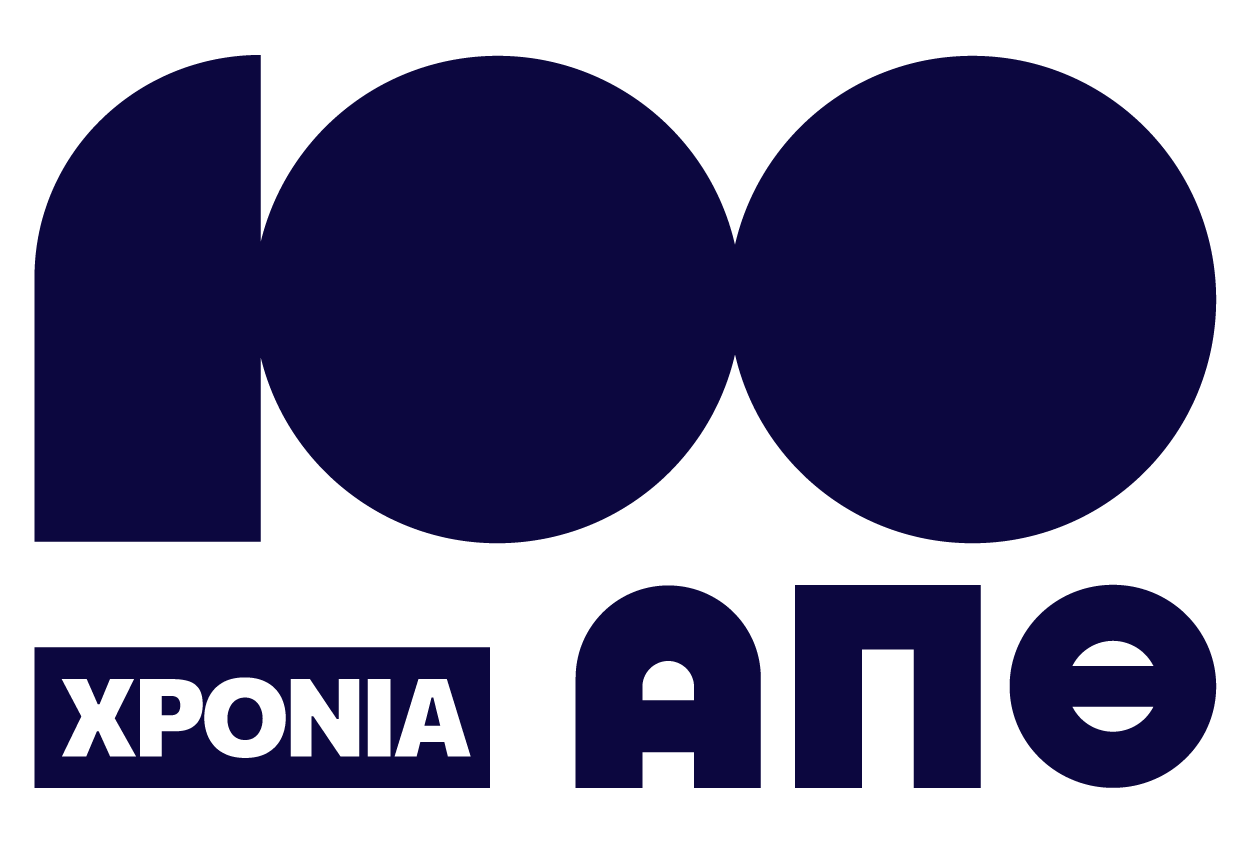
Traditional folk costumes and national dress play an important role in the construction of Greek identity, both within Greece and in diaspora communities globally. The production, display, and assessment of Greek folk costumes is significant in the context of the phenomenon known as FDF, the Greek Orthodox Folk Dance and Choral Festival, held predominantly in California and drawing thousands of participants. For over four decades, Greek American women labored to produce authentic folk costumes to be worn at FDF by their children, melding their sewing and craft skills with knowledge of traditional Greek dress and customs. These costumes, potentially numbering in the thousands, are scattered in the closets of private homes and Greek Orthodox communities throughout the West Coast and constitute a significant, yet largely undocumented cultural resource. One approach to documenting this phenomenon within the context of Greek American life is to employ ethnographic interview methods to illuminate the experiences of each participant. In this seminar, I outline the methods of this project and present three interview case studies to demonstrate basic interviewing techniques and how they may be utilized in a variety of contexts when studying folklore.